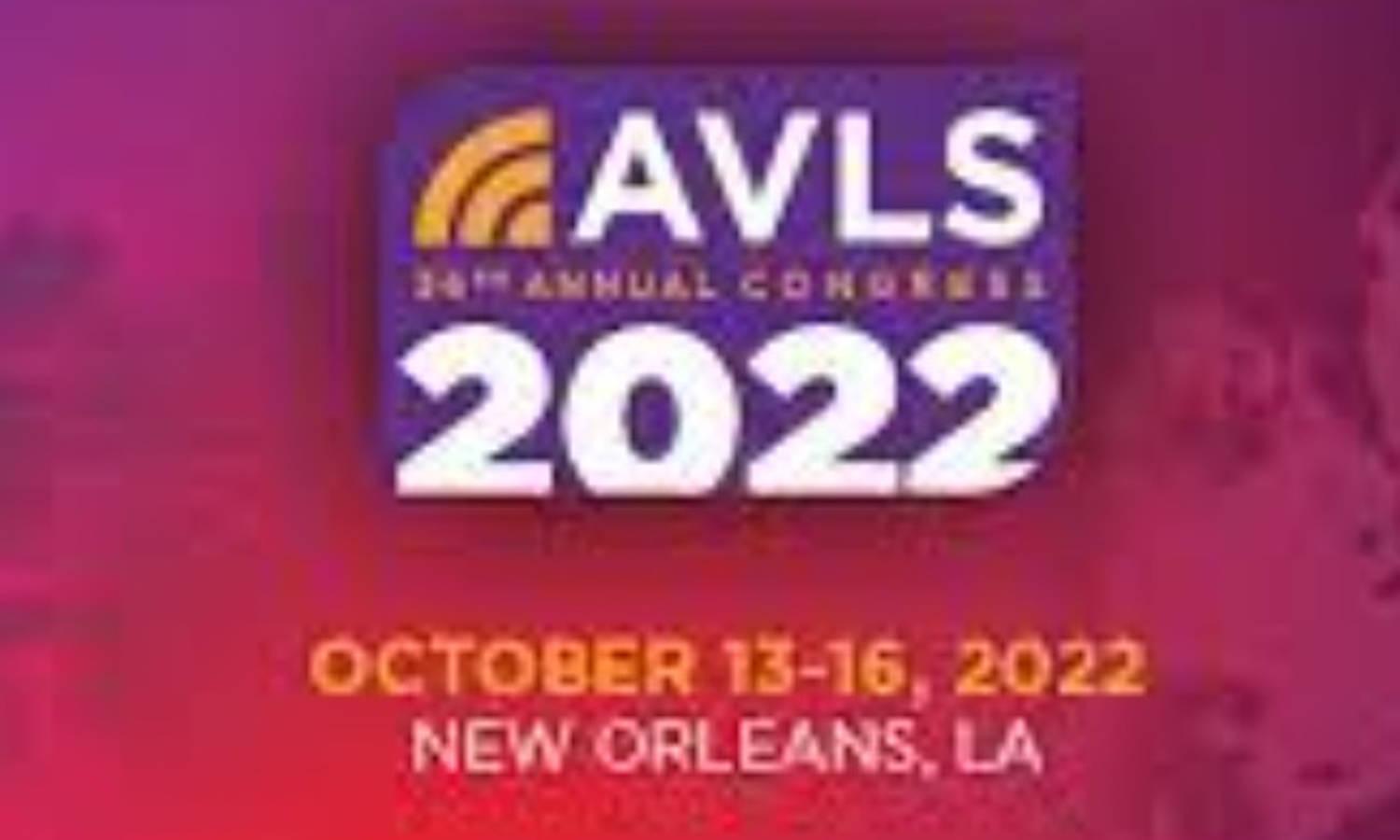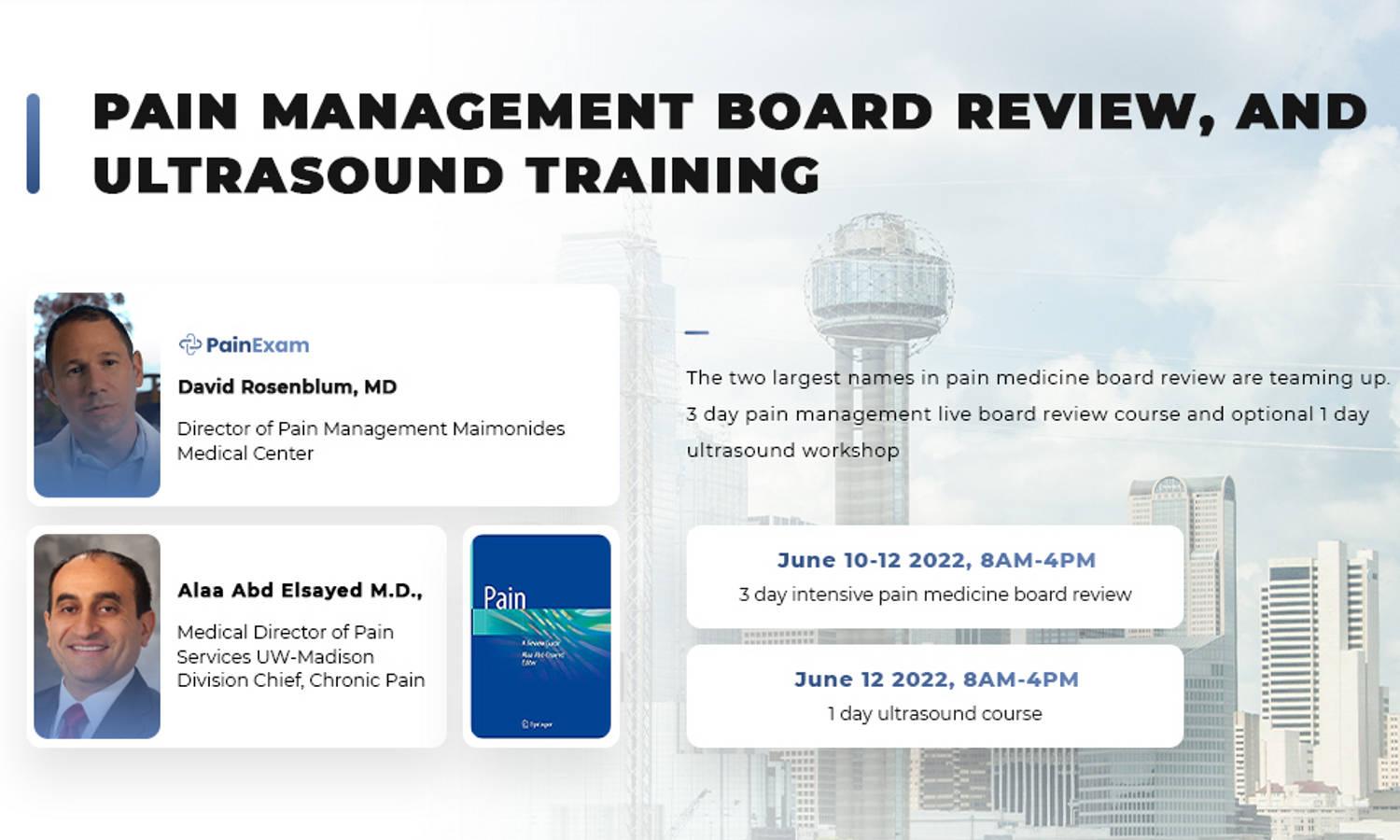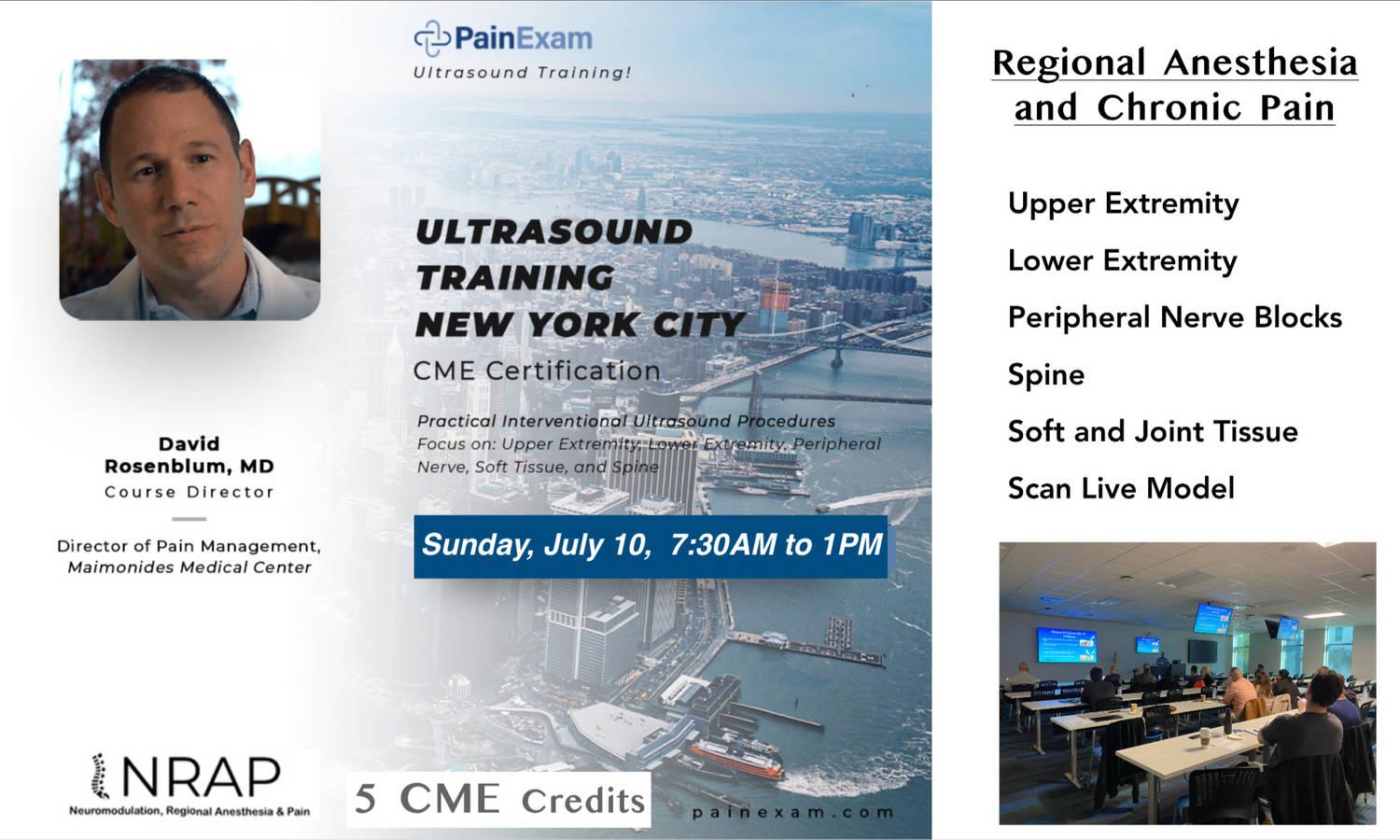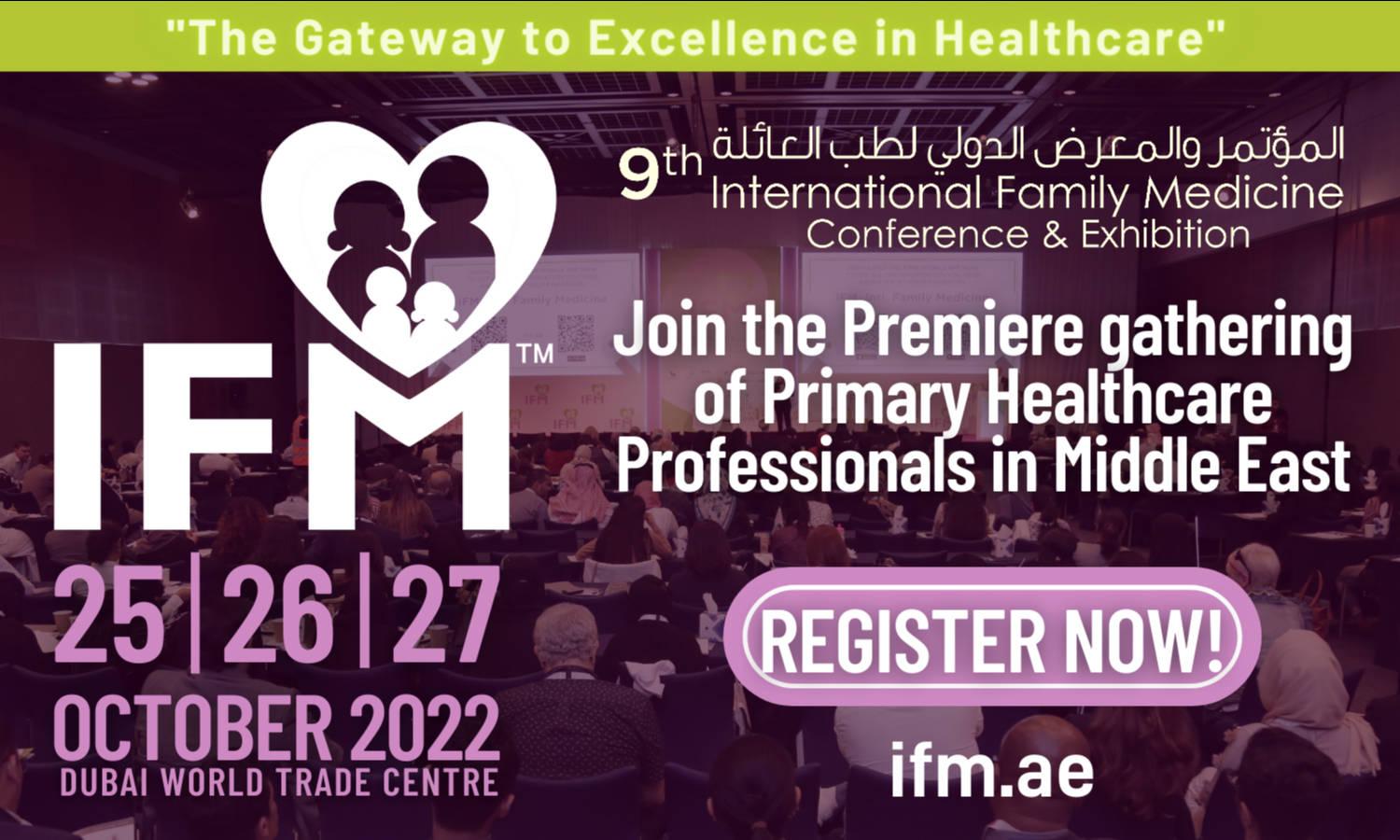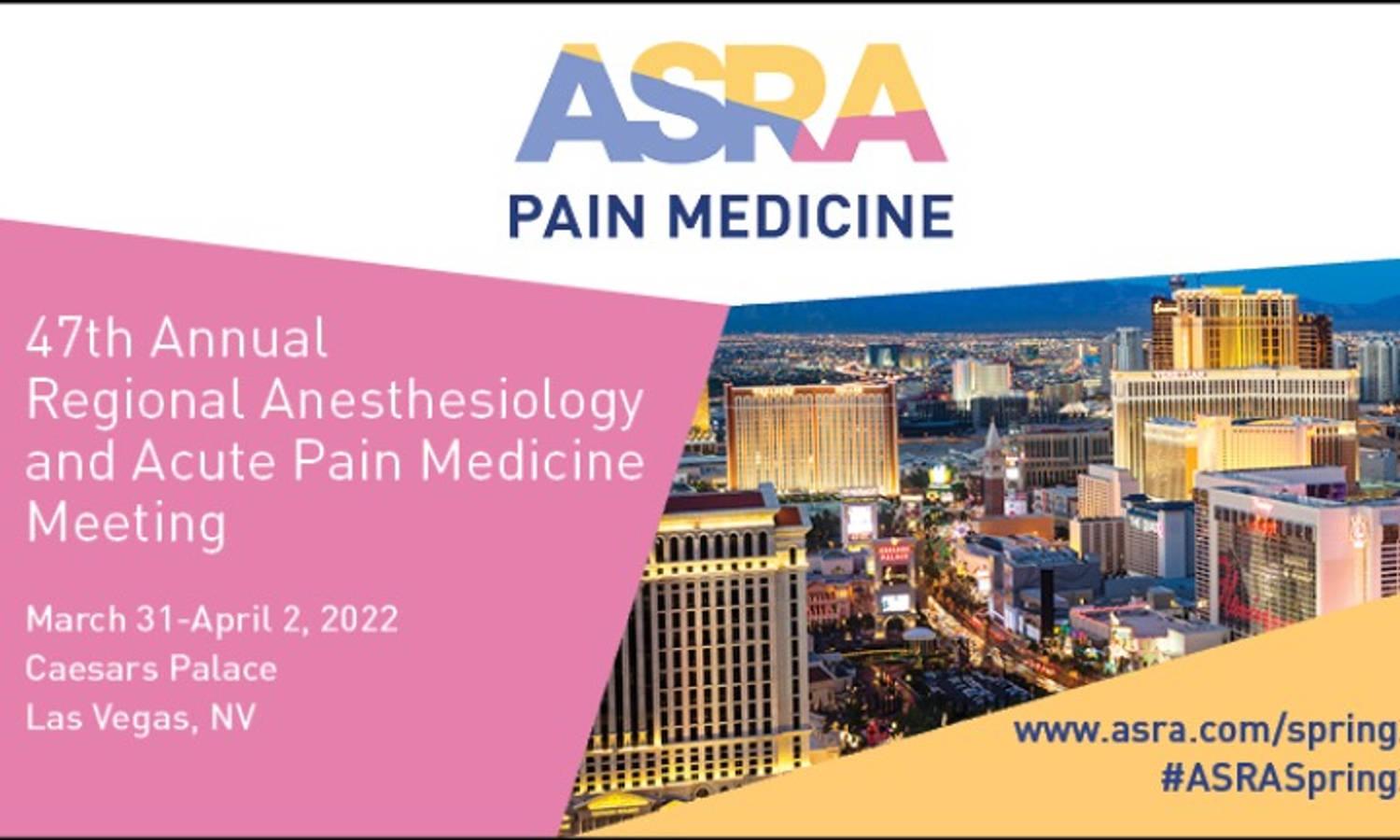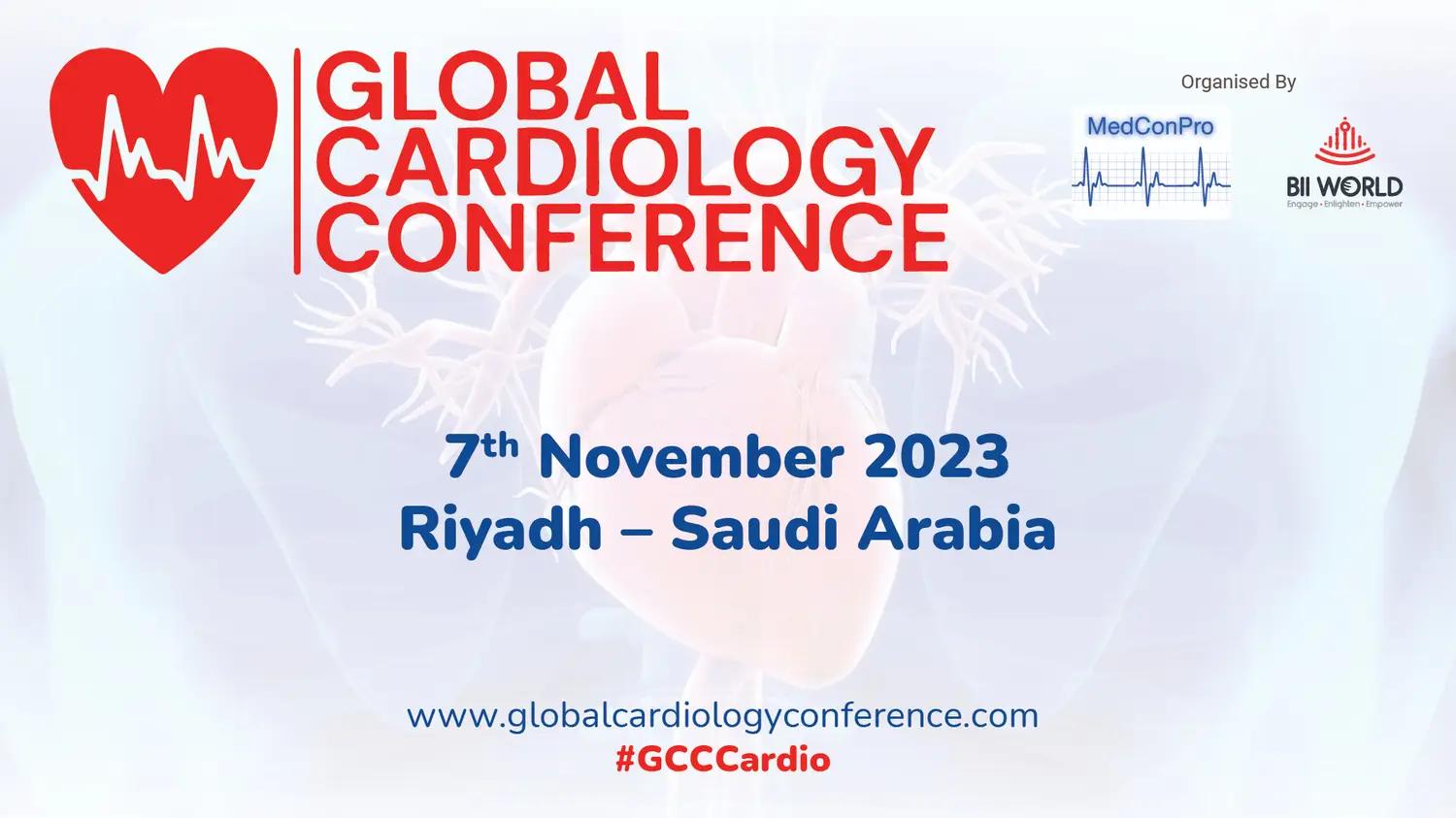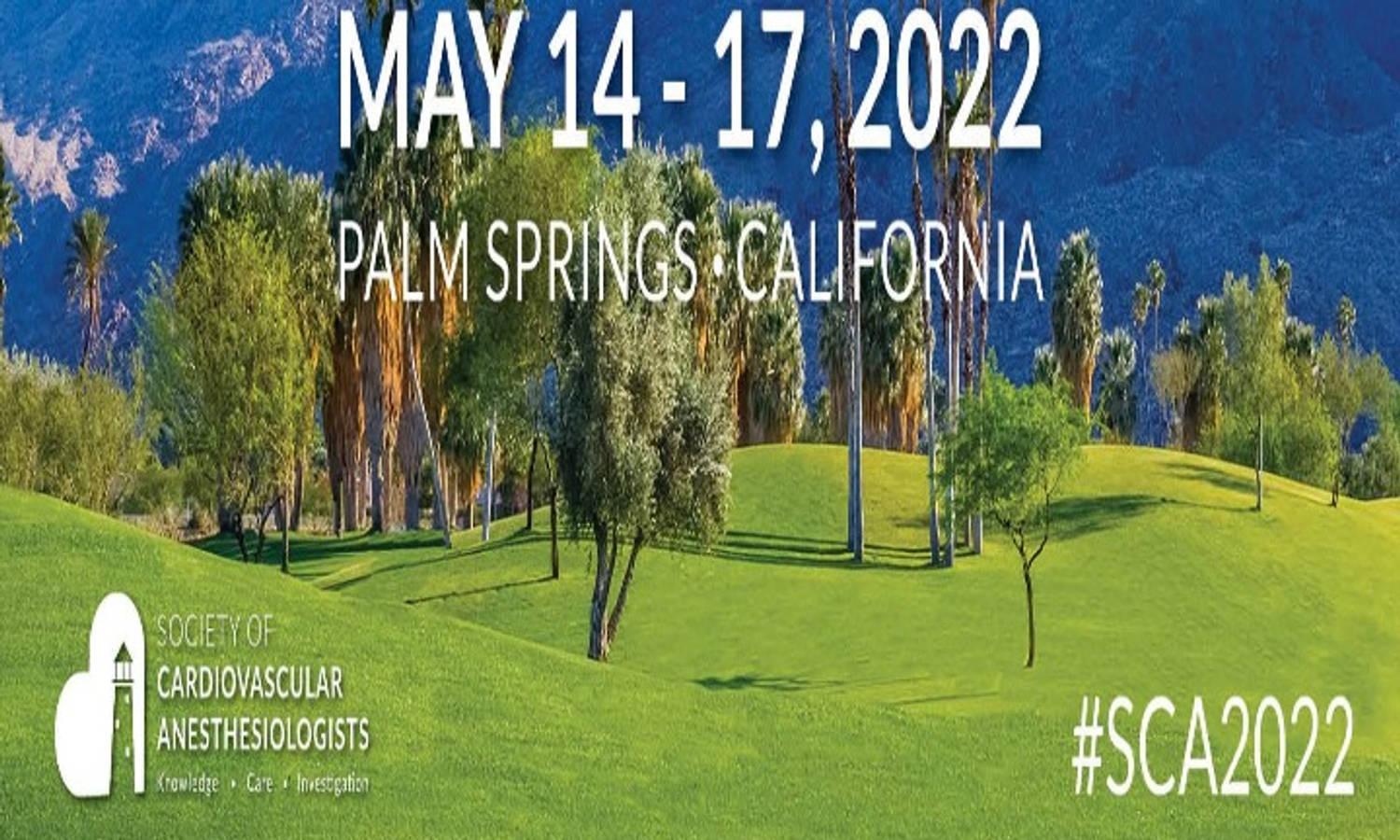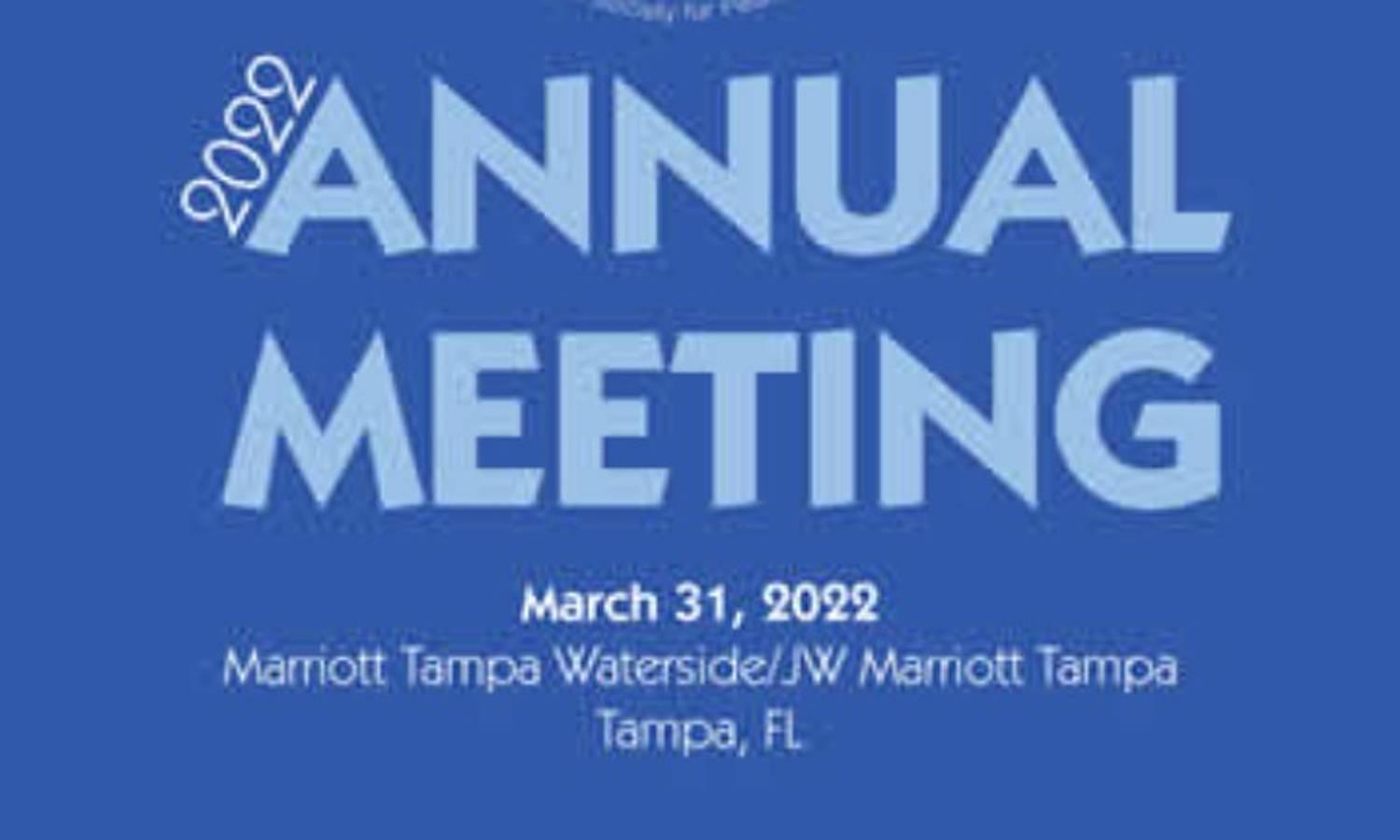
CCAS 2022 Annual Meeting
A warm welcome to the 16th Annual Meeting of the Congenital Cardiac Anesthesia Society (CCAS) to be held March 31, 2022, in Tampa, FL. The COVID pandemic has thrown our everyday lives into tumult over the past nearly two years and has significantly impacted our clinical work and professional careers. At the time of this writing, we will finally be able to meet in person once again and host a live CCAS Annual Meeting, and we could not be more excited! At the same time, all we learned from last year’s extraordinarily successful virtual meeting will assist us with offering a hybrid option for those unable to travel to Florida in March.
The theme of this year’s meeting is hypoplastic left heart syndrome (HLHS). As you will see below, single ventricle anatomy and physiology will not just be the theme of the “Focus on a Lesion” sections but will be interwoven through many of the other sessions and lectures.
The morning will begin with three PBLDs and three Round Table Discussions (RTD). The three PBLDs include management of the pregnant adult congenital heart disease (ACHD) patient, placement of PDA stent in a neonate with PA-IVS, and anesthesia for the hybrid procedure. These will be fantastic sessions to improve one’s clinical management of these adults and children. The RTDs include a special session presented by the CCAS Trainee Special Interest Group to discuss careers in cardiac anesthesia, enhanced recovery (ERAS) in cardiac surgery, and perioperative hemostatic management for pediatric patients with severe hemophilia undergoing cardiopulmonary bypass.
The first general meeting session will focus on current controversies in the approach to the child and family with CHD. Dr. Lawrence Schwartz from Children’s Hospital Colorado will start by discussing management decisions for children with CHD associated with trisomy 13, 18 and other severe chromosomal defects. Dr. Mela Bembea from Johns Hopkins will next discuss when to cannulate for ECMO in children with CHD and subsequent neurodevelopmental outcomes. Lastly, Dr. Katie Moynihan, medical director of palliative care for the heart center at Boston Children’s, will dispel myths surrounding palliative care in children with CHD and how to engage in those conversations.
Next in the morning session will be two sessions dedicated to HLHS, the theme for this year’s annual meeting. The first lecture will be from Dr. Marshall Jacobs from Johns Hopkins, who will be this year’s recipient of the Dolly D. Hansen lecture award. He will regale us with a historical perspective of the management of children with HLHS, including current variations in practice globally. Next, Dr. Andrew Smith, director of the cardiovascular ICU at All Children’s Hospital, will present current advances in the perioperative ICU management of neonates with HLHS. Dr. Rebecca Scholl from Boston Children’s will next discuss the anesthetic approach to first stage palliation of children with HLHS. This will be followed by Mr. Travis Siffring, CCP, from Duke who will discuss innovative cannulation strategies for children undergoing the Norwood operation. Lastly, Dr. Marshall Jacobs will return to the stage to bookend the session with an informative discussion of what is on the horizon and needed research initiatives for surgical and medical management of children with HLHS.
After lunch we will hear oral presentations of the five highest scoring abstracts. The following session will focus on failing hemodynamics of children with HLHS and single ventricle physiology. Dr. Mark Friedberg from Sick Kids Toronto will discuss the role of RV dysfunction and failure in CHD, particularly in children with HLHS. Dr. Sana Ullah from UT Southwestern in Dallas will next discuss the physiology and management of the child with a failing Glenn. Lastly, Dr. Lindsey Loveland Baptist will characterize the failing Fontan and the pertinent anesthetic considerations.
The afternoon continues with the option of attending various workshops or remaining for the last stage session. In this session will be four excellent talks covering new developments in management of children with CHD. First, Dr. David Nykanen, director of pediatric cardiac catheterization at Arnold Palmer Hospital, will discuss new innovations in pediatric cardiac catheterization, particularly PDA occlusion and RVOT stent procedures. Subsequently, Dr. Manchula Navaratnam from Stanford will present an update on implantable pacing devices and cardiac resynchronization therapy. Dr. Dheeraj Goswami from Johns Hopkins will next discuss the optimal hemoglobin through the peri-operative period, from preoperative hemoglobin optimization to transfusion triggers and optimal oxygen carrying capacity in various settings. Lastly, Dr. Chris McKee from Nationwide Children’s in Columbus will cover risk mitigation in the care of the high-risk child undergoing cardiac transplantation.
The workshops this year have some exciting additions. Dr. Laura Downey will lead an extensive workshop on the topic of hemostasis and coagulation management for congenital cardiac surgery patients. A host of co-moderators will cover viscoelastic tests, transfusion algorithms, alternative anticoagulants and hemostatic agents, autologous transfusion, and unique coagulopathic states. The next fantastic new workshop will be on quality improvement methodology and safety in the high-risk environment of CHD. Dr. Morgan Brown from Boston and co-facilitators will discuss methodologies and cause analysis to improve patient safety during the perioperative time. The last new workshop will be led by Dr. Chandra Ramamoorthy from Stanford. She and her several co-moderators will offer what promises to be a very constructive workshop discussing career building, strategies for research and publication, newer academic opportunities, and other forms of recognition for academic work. Lastly, Dr. Pablo Motta from Texas Children’s in Houston will lead the ever-popular extracorporeal life support workshop where participants will be able to get their hands on various ventricular assist devices and learn the options and management decisions for these children.
The academic portion of the meeting will conclude, as always, with the Professor Poster Rounds. This will provide all the opportunity to hear about new research and allow for informal discussion about advancements in the care of children with heart disease. This is always a great opportunity to meet new people and catch up with old friends.
The evening will be capped with the annual CCAS reception. I always look forward to the reception and the opportunity to casually socialize with colleagues and friends from near and far. We hope you can join us in person.
The 2022 annual meeting planning has truly been a team effort, and I wish to express my profound gratitude to the CCAS planning committee co-chairs David Vener and Jamie Schwartz and planning committee shadow Nischal Gautam for all their work over the past year helping craft this program. Thank you also to Mark Twite, Luis Zabala, Viviane Nasr, and the members of the CCAS Board of Directors for their mentorship and comments throughout the process. And as always, none of this would be possible without the endless work and expertise of Kim Battle and Ruggles Service Corporation to make the annual meeting possible. Thank you all!
ACCREDITATION AND DESIGNATION
The Society for Pediatric Anesthesia is accredited by the Accreditation Council for Continuing Medical Education to provide continuing medical education for physicians. The Society for Pediatric Anesthesia designates this Live Course for a maximum of 9.5 AMA PRA Category 1 Credit(s)™. Physicians should only claim credit commensurate with the extent of their participation in the activity.
We look forward to seeing everyone in Tampa and hope all enjoy the program!


